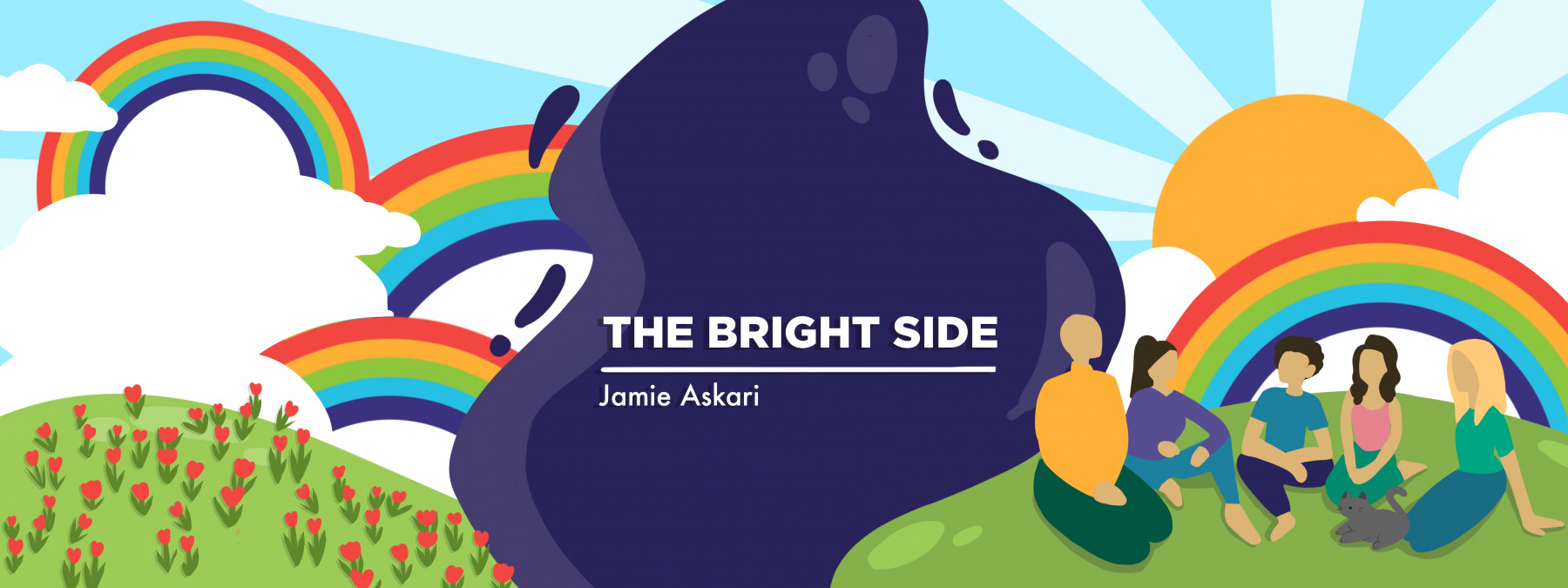The freedom to choose our attitude: That has made all the difference
Deciding to lead with positivity in the face of an early-onset Parkinson's diagnosis
Written by |

“Everything can be taken from a man but one thing: the last of the human freedoms — to choose one’s attitude in any given set of circumstances, to choose one’s own way.” — Victor Frankl
This quotation was shared with me by a dear friend, a therapist with over 20 years of experience in grief counseling. After many conversations with her and our friends, I was inspired to write this column. I often refer to my positive attitude and always looking at the “bright side” of our situation. I think this column will shed some light on how I achieve this.
Frankl may endorse them, but unfortunately, there aren’t many feelings of freedom when diagnosed with Parkinson’s disease, or any chronic illness, for that matter. A diagnosis of any kind can turn your world around and change everything in your life in an instant. You’re no longer free; you’re bound to this disease, likely for the rest of your days. This fact can feel brutally overwhelming, frightening, and unfair.
With Parkinson’s, your body is sentenced to life in its own personal prison, from which it cannot escape. While there may not be guards at the doors or bars on your windows, there’s no cure that can set you free of the shackles around your ankles. As the disease progresses, the shackles grow tighter. I have firsthand experience with early-onset Parkinson’s disease, as my husband, Arman, was diagnosed in 2009, when he was only 38 years old.
As the quotation above states, the most important freedom we have is the ability to choose our attitude. There’s simply no one-size-fits-all way to approach this life experience. Arman and I must be constantly strong and resist the pull toward anger, sadness, and feeling sorry for ourselves. We don’t want to give anger more power than love, gratitude, and hope.
Arman and I were very young when he received his Parkinson’s diagnosis, and our three kids were mere babies at the time. We made an intentional choice not to raise our children in a home defined by loss and resentment. And it’s a choice that we continue to make every single day. Choosing to be positive in no way denies the very real struggle; it just makes it tolerable for us.
Being negative and angry, or being positive and accepting, doesn’t change the realities of this diagnosis, but it does affect the quality of our lives and relationships. We want our life experience to be filled with moments of great love, meaningful connection, and joy. I’m proud of our family and the impact our approach has had on the quality of our lives in spite of Parkinson’s.
Note: Parkinson’s News Today is strictly a news and information website about the disease. It does not provide medical advice, diagnosis, or treatment. This content is not intended to be a substitute for professional medical advice, diagnosis, or treatment. Always seek the advice of your physician or another qualified health provider with any questions you may have regarding a medical condition. Never disregard professional medical advice or delay in seeking it because of something you have read on this website. The opinions expressed in this column are not those of Parkinson’s News Today or its parent company, Bionews, and are intended to spark discussion about issues pertaining to Parkinson’s disease.




Leave a comment
Fill in the required fields to post. Your email address will not be published.